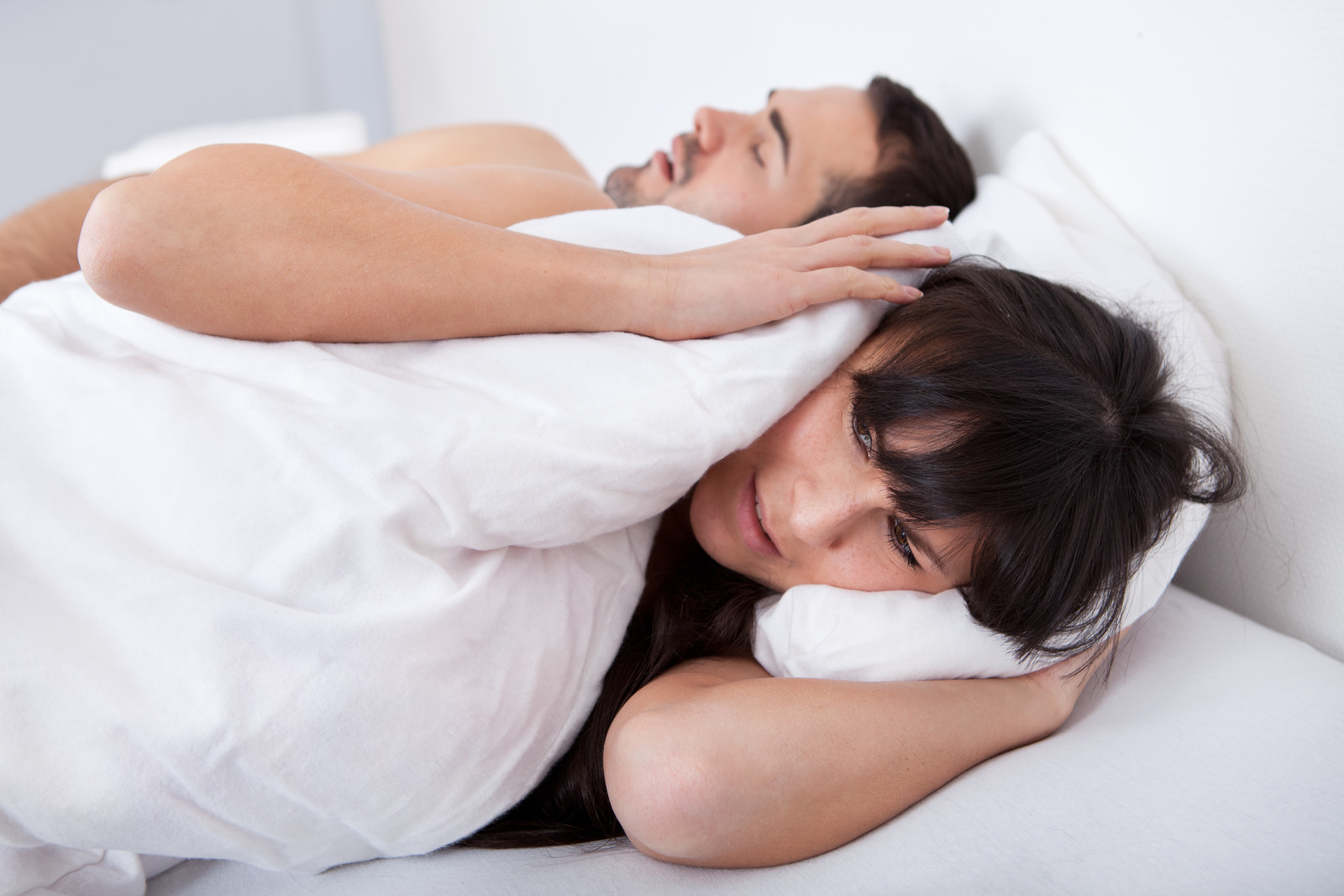You may have heard that snoring often indicates the cause of sleep apnea. Snoring is undoubtedly one of the most prevalent symptoms. However, not all people with sleep apnea snore. Breathing issues arise while you sleep as a result of sleep apnea. There may be brief pauses in your breathing. You can start breathing very shallowly. Both of these possibilities are possible. You can consult our dentist in Sylvan Lake we will help you.
You might not even be conscious of doing this until someone points it out to you. Fatigue or daytime sleepiness are frequently the sole symptoms of sleep apnea in adults.
What is Sleep Apnea?
A type of sleep disturbance called sleep-related breathing problems, or sleep disorders with aberrant breathing patterns, has sleep apnea.
Individuals who have sleep apnea frequently have their breathing decrease or stop while they are asleep. Sleepers might not fully awaken and resume being unaware that their nocturnal breathing is abnormal; however, the truth is that these intervals lead an individual to wake up frequently and lower the rate of their sleep. The reasons for breathing disturbances and sleep apnea can be divided into various categories.
Symptoms of Sleep Apnea
Your brain responds to blood oxygen levels falling due to either apnea or hypopnea by generating a response that is equal to a failsafe, waking you awake long enough to breathe normally again. As soon as you begin breathing normally again, your brain naturally tries to restart your sleep cycle. Thus, it is important to have sleep apnea treatment near you.
The more severe your sleep apnea is, the more frequently these interruptions will happen. Obstructive sleep apnea symptoms frequently seen include:
- Excessive slumber during the day
- Loud snoring that’s frequently interspersed with choking or gasping noises
- Morning headaches that could last for several hours after waking up
- Dry tongue when you wake up
- Periods of intermittent alertness and restless sleep during the night
- Increased urge to get out of bed to use the bathroom
- Intolerance or frustration
- Focus decreased
What Causes Sleep Apnea?
There are known causes of sleep apnea, and there is evidence that it may run in families. Overall, there are three basic types of sleep apnea treatment in sylvan lake each of which occurs for a variety of reasons. They include:
Obstructive Sleep Apnea (OSA)
The most typical form is this. When your neck and head muscles relax while you’re sleeping, the surrounding tissue presses against your windpipe, resulting in obstructive sleep apnea. That prevents air from passing through it.
Central Sleep Apnea (CSA)
This type of sleep apnea is brought on by a cognitive issue. In normal circumstances, your brain controls your breathing constantly, even while you’re sleeping. When your brain fails to deliver instructions to keep breathing-related muscles active during sleep, central sleep apnea results. Thus, for such you can reach out to a dentist near you.
There are numerous causes of central sleep apnea, including:
- A heart attack.
- Hypoxia is a low blood oxygen level caused by a high altitude.
- Injury to your nervous system, particularly in the areas of your spinal cord or brainstem that control your breathing.
- Using CPAP to treat obstructive sleep apnea in the beginning (this usually goes away with regular CPAP use).
- Diseases of the nervous system like Lou Gehrig’s disease (ALS), also known as amyotrophic lateral sclerosis.
- Complex or Mixed Sleep Apnea
A mixed or complex form of sleep apnea is also present. Both core events and obstructive events are present in this type.
When to See a Doctor
If you experience any of these symptoms frequently, discuss them with our dentist at Sylvan Lake Dental Centre. They may assist you in figuring out solutions to these problems so you can lastly enjoy a decent night’s sleep.

